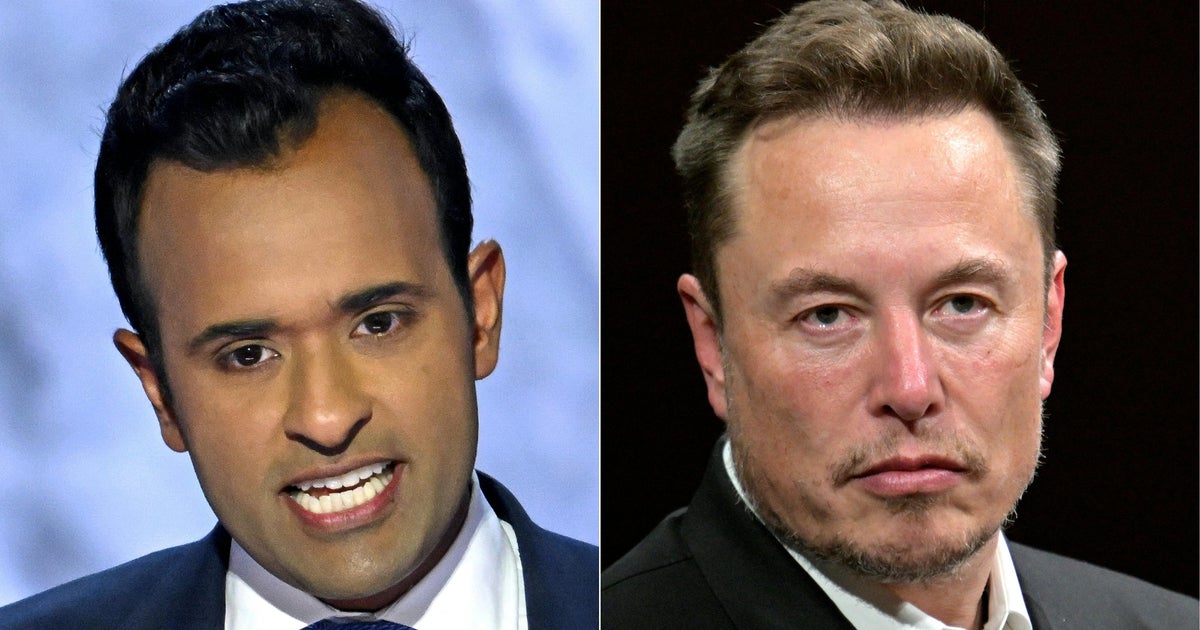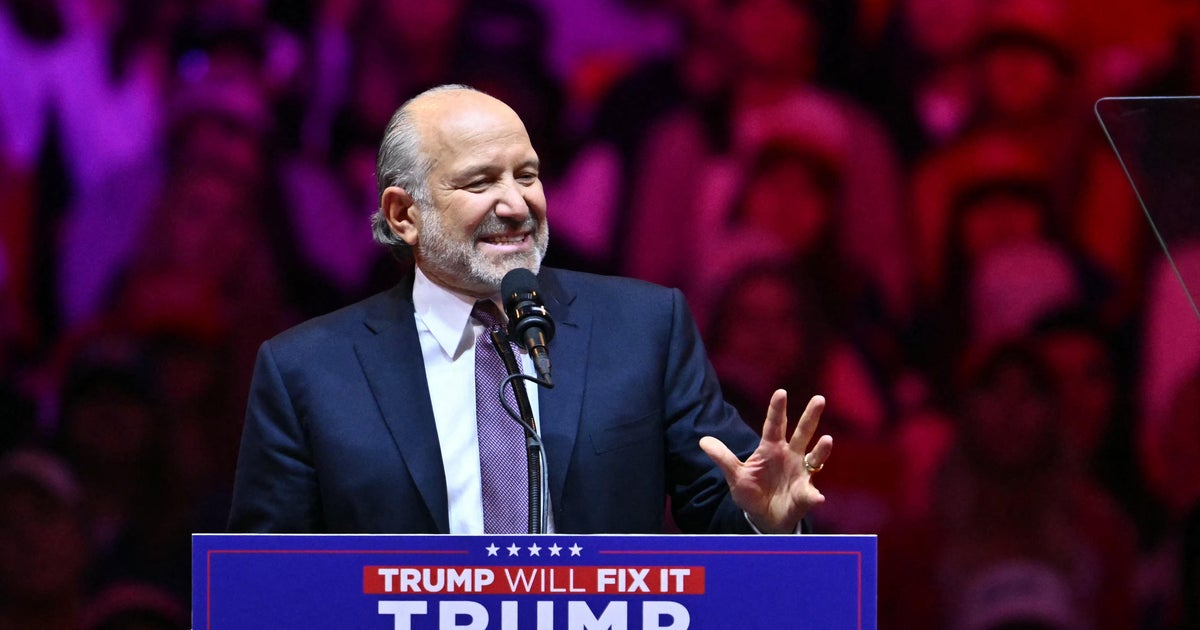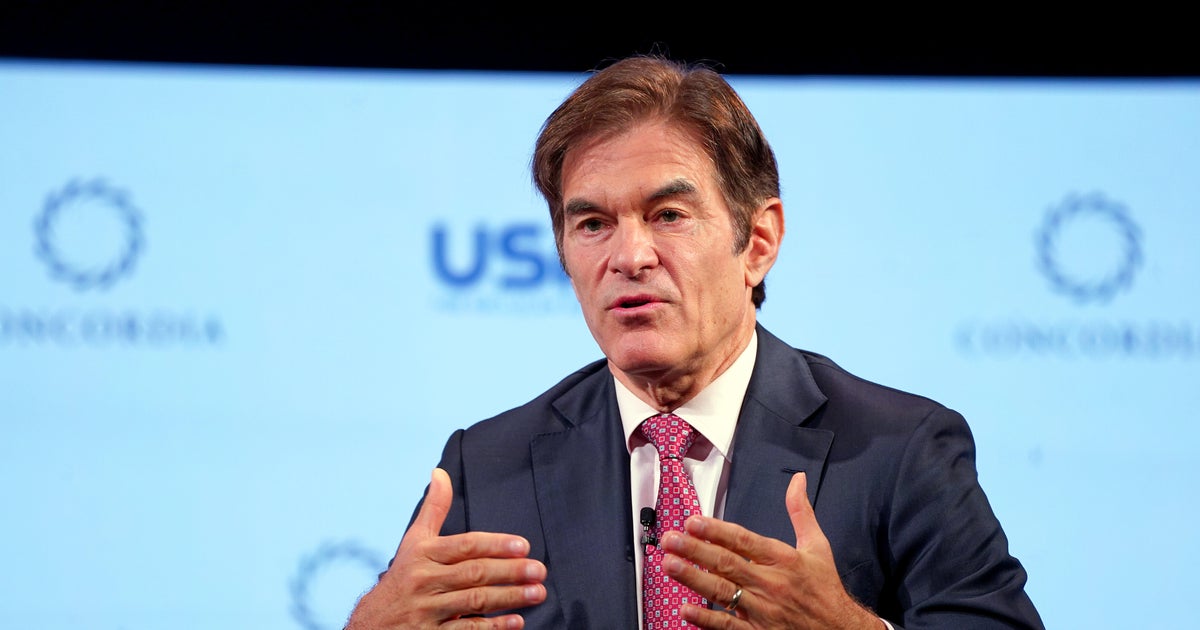Could Trump's tariffs affect the price tag for his border wall?
President Trump's plan to impose tariffs on steel imports, in keeping with his key campaign platform to make fair trade deals, may inadvertently hurt a promise even more central to his campaign — his pledge to build a wall along the southern border.
"It's going to be made of hardened concrete, and it's going to be made out of rebar, and steel," Mr. Trump said of his border wall a plans at a December 2015 rally.
That was more than two years ago, and now, as federal officials look to "build the wall," as the signature Trump rally chant goes, the border wall could very well face a new obstacle — a higher price for materials. Earlier this month, surrounded by steel and aluminum workers, Mr. Trump signed proclamations imposing a 25 percent tariff on steel imports and 10 percent tariff on aluminum imports, with temporary exemptions for Canada and Mexico. President Trump has requested at least $25 billion for his border wall in the past, although some estimates place the actual cost much higher. The current omnibus spending bill suggests he will only get a fraction of that. And experts are saying it's nearly impossible to see how the cost for the wall doesn't increase as a result of the tariffs — it's just a matter of how much.
"I suppose the connection is that the wall would be made in large part of steel, the price of which is intended to rise by close to 25 percent," said Alan Deardorff, professor of international economics and economics and public policy at the University of Michigan. "That's the purpose of the tariffs, since that is how it helps the U.S. steel industry, though Trump and his advisers like to suggest that the tariff can help them without raising prices. So, yes, the tariff will surely make the wall more costly."
There are currently eight prototypes for the wall, which Mr. Trump toured in San Diego earlier this month. The federal government has yet to decide which prototype and contractors will win out, but any of the designs — even the concrete ones — will inevitably entail steel. Four of the prototypes are made primarily from concrete and four from other materials, but even the concrete ones are reinforced, "which means that the main ingredients are concrete and steel" and steel would be a "significant cost," said David Inserra, a policy analyst for the conservative Heritage Foundation who specializes in homeland security issues.
"Looking at the designs that are currently out there, we know that steel will likely be a significant cost of any border barrier that is built," Inserra said.
"Tariffs are just taxes on imported goods," Inserra added. "So in this case we have a tax on imported steel, which overall will cause the cost of steel to rise."
Of course, it's possible some steel imports could come from the exempted Canada, the largest importer of steel to the United States. But the wall will almost certainly be built with American steel, because many federal contracts require American-made products, and the point of the tariffs was to allow U.S. steel prices to be protected -- and to climb, Inserra said.
Tommy Fisher, president and CEO of Fisher Sand & Gravel Co., is one of the contractors vying to help build the wall. Fisher said a concrete wall, such as his prototype, will require "tons of steel" to back up the concrete. He estimates a reinforced concrete wall, across 1,900 miles, will require about 4 billion pounds of rebar.
He and his company are already working on a 15-mile section of a concrete wall along the southern border, to better demonstrate what the wall might look like. That project requires about 30 million pounds of rebar, he said. Fisher's company creates its own steel. "Everything we submit is 100 percent American made," he said.
The tariffs will likely increase the price tag for steel slightly, Fisher suggested, which is an outcome he likes. "Even if the steel tariffs push the price up a little bit, I'm still all for it to protect the American steel industry," Fisher said. But the higher revenues for the steel companies will almost certainly mean a higher cost to U.S. taxpayers paying for the border wall (assuming Mexico stands by its promise not to pay for the wall).
Deardorff shrugged off the idea that higher steel costs will have much of an impact. "I'm not sure that matters," Deardorff said. "Neither the advocates of the wall nor its opponents are much concerned about its cost."



